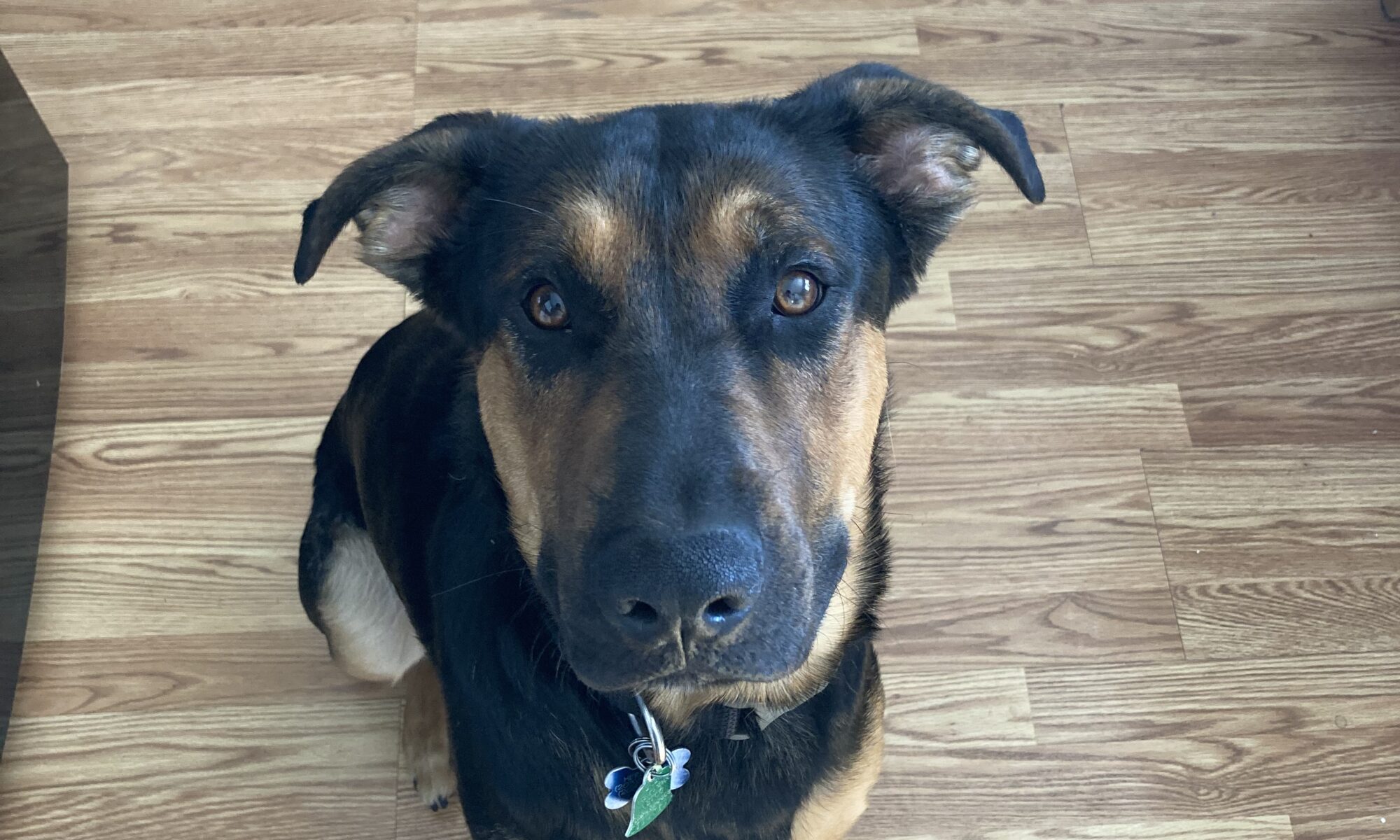During my first semester in college, fall 2021, I took a history course called “Enlightenment Concept of Self” which to me was more philosophical than historical. I remember feeling very awkward in the class because the reading material was so dense. For my first major assignment, I had to write a paper on French philosopher Denis Diderot’s “concept of self”. If I am being honest, I don’t remember what I even wrote in that paper.
I do remember, however, the meeting I had with the professor for the course, Professor Holmes, discussing that first paper in which I expressed to the professor that I had no prior experience with the level of texts or writing expectations for the course. His response was a question asking where I was from and whether or not I took a writing course in high school. After I had answered those questions, he responded with, “that makes sense”. I do not know whether he understood the implications of those words for a first-generation low income (FGLI) student in an institution like Wesleyan.
I was very off-put by this statement and thought about it more often than I should have. However, after talking about how I felt I realized that it wasn’t my problem. I worked my behind off in a low-income inner city school to get the grades necessary to be able to get into Wesleyan. Professor Holmes’ words taught me to be kinder and more patient with myself while at Wesleyan because I am a part of the minority who are not wealthy and had no extra help before college. I learned that as long as I try my best, that is enough for Wesleyan and enough for me.

